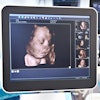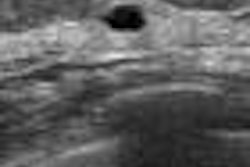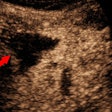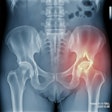Lung ultrasound is capable of discovering asymptomatic lung congestion in dialysis patients, and these findings can predict risk of premature death or heart attacks or other cardiac events, according to research published online Thursday in the Journal of the American Society of Nephrology.
In a study of 392 dialysis patients, a team led by Dr. Carmine Zoccali, of Ospedali Riuniti in Reggio Calabria, Italy, found that lung ultrasound detected severe congestion in 14% of patients and moderate-to-severe lung congestion in 45%. Of the moderate-to-severe lung congestion cases, 71% were asymptomatic.
The researchers also determined that those with very severe congestion had a 4.2-fold increased risk of dying and a 3.2-fold increased risk of experiencing heart attacks or other cardiac events over a two-year follow-up period. In addition, lung congestion found on ultrasound was a better predictor of risk of premature death or cardiac events than heart failure symptoms, according to the researchers (J Am Soc Nephrol, February 28, 2013).
The findings generate the hypothesis that targeting subclinical pulmonary edema may improve cardiovascular health and reduce risk from cardiovascular death in this extremely high-risk patient population, Zoccali said in a statement. The researchers will soon initiate a clinical trial that will incorporate fluid measurements by ultrasound and test whether dialysis intensification in patients with asymptomatic lung congestion can prevent premature death and reduce the risk of heart failure and cardiac events.



















